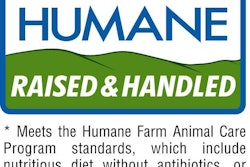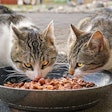
From Petfood Industry:
The humanization of pets is driving the pursuit of a better pet food, according to a report.
Pet owners are taking their pets’ nutrition more seriously in recent years, with one survey showing that 55% of all pet owners agree they worry about filler ingredients in pet food, including grains and meat byproducts. As pets are increasingly considered members of the family for many Americans, standards for pet food, including treats – the fastest-growing segment in the pet food category – are on the rise.
This has led to a rise in popularity of the “alternative” pet food category, which includes brands that claim to be all natural, premium, etc. Petco and PetSmart claim that high-end alternative pet food was their fastest-growing category.
In the US, 95% of pet owners consider their pets to be part of the family — up 7 points from 2007, according to a survey by Harris Poll. Not surprisingly, there isn’t much people won’t do for their pets, and this sentiment has only strengthened over the past few years, especially for pet food. Pet food accounts for 76% of the pet care category, representing a significant opportunity for pet companies. And certain pet food segments, including healthy treats, specialty pet foods and other more premium options, have seen significant growth as Americans search out the best of the best for their furry family members.
A Guide To Navigating The Alternative Pet Food Aisle
Choosing pet food is like religion. 'You can get into a discussion with somebody about the best food to feed a dog [or cat], and if there were 10 people there, you would have 10 different opinions-some of which would be so firmly held that no amount of scientific presentation could change their mind,' T.J.

















